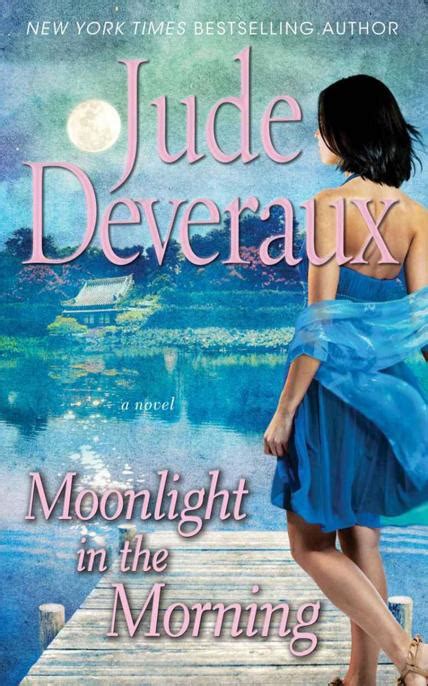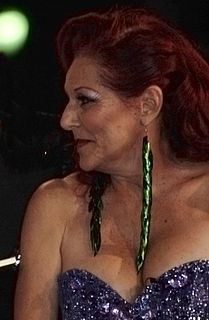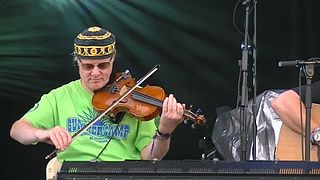A Quote by Robert Barry
Developing your own style became something very interesting, very important to me.
Quote Topics
Related Quotes
You should really stay true to your own style. When I first started writing, everybody said to me, 'Your style just isn't right because you don't use the really flowery language that romances have.' My romances - compared to what's out there - are very strange, very odd, very different. And I think that's one of the reasons they're selling.
As a songwriter, you tend to develop your own style, your own technique, based around what it is you're trying to write and perform, in terms of your own music. So a way of evolving a guitar style as a songwriter is much easier, I think, than developing a true style of your own just from listening to music or playing other people's music.
I studied philosophy in school, became disgruntled by the fact that it was a way to have a very interesting conversation with very few people about very few things in very narrow terms and yet still believed (and still believe today) that there was something that I was getting myself involved in when I said I wanted to study philosophy.







































